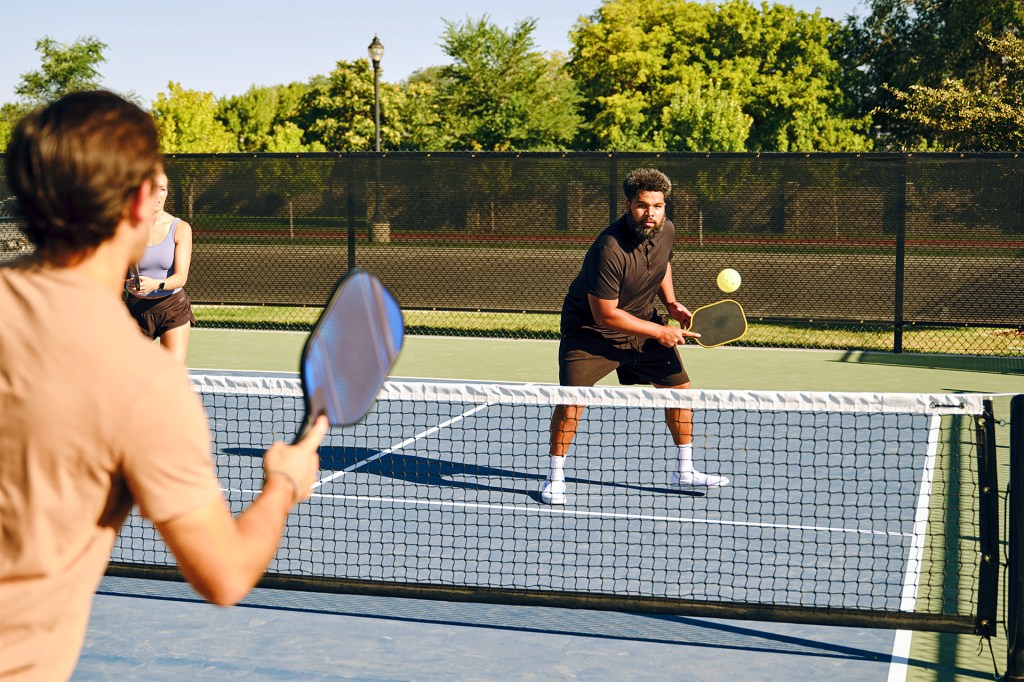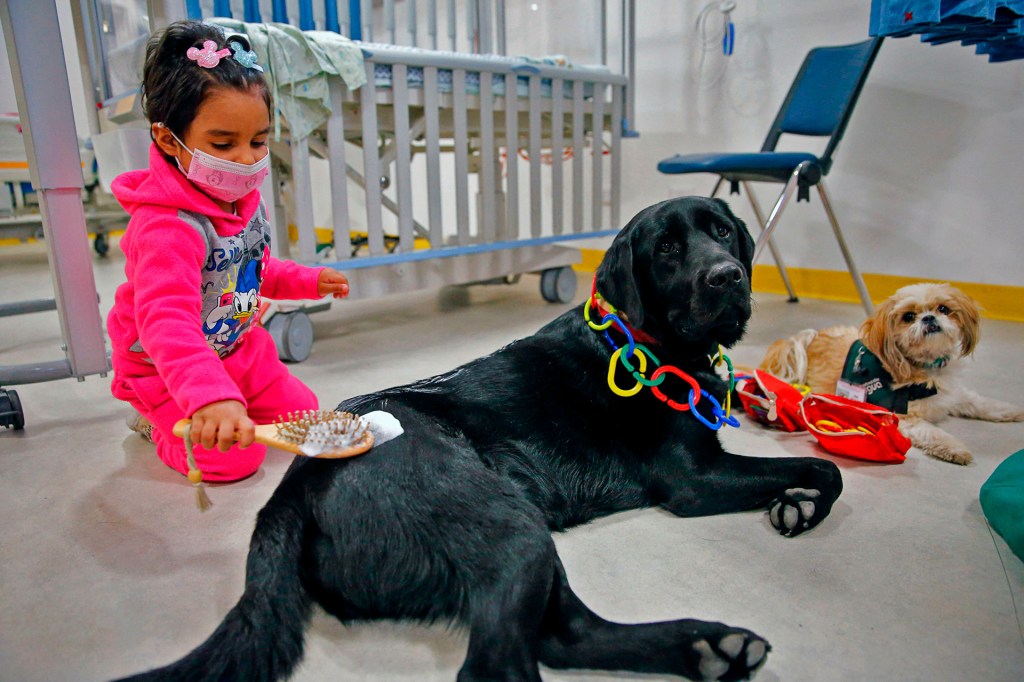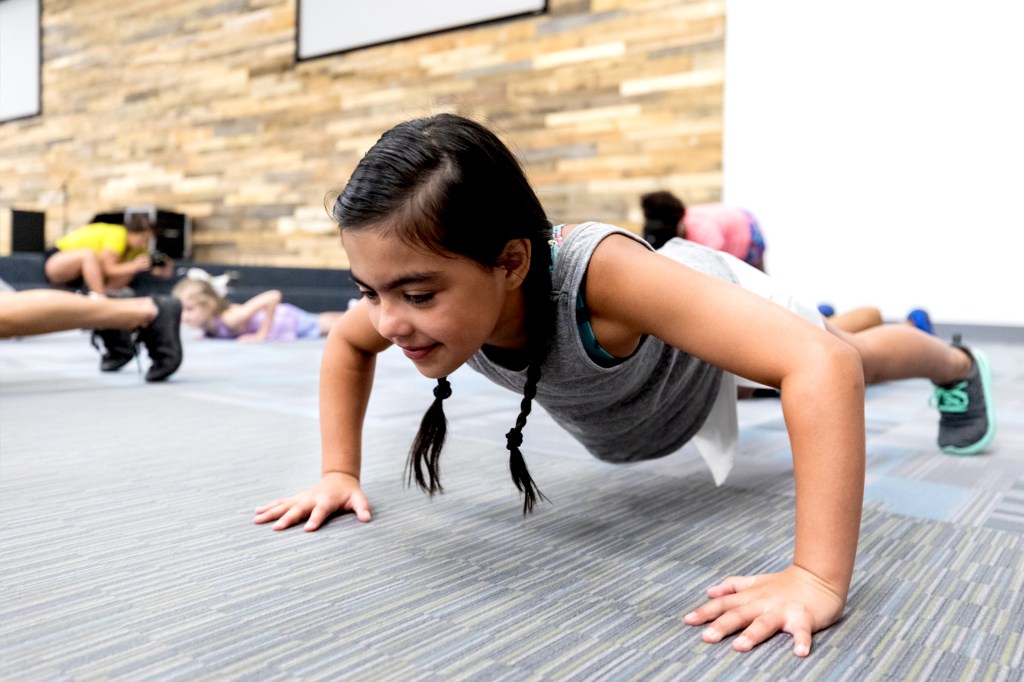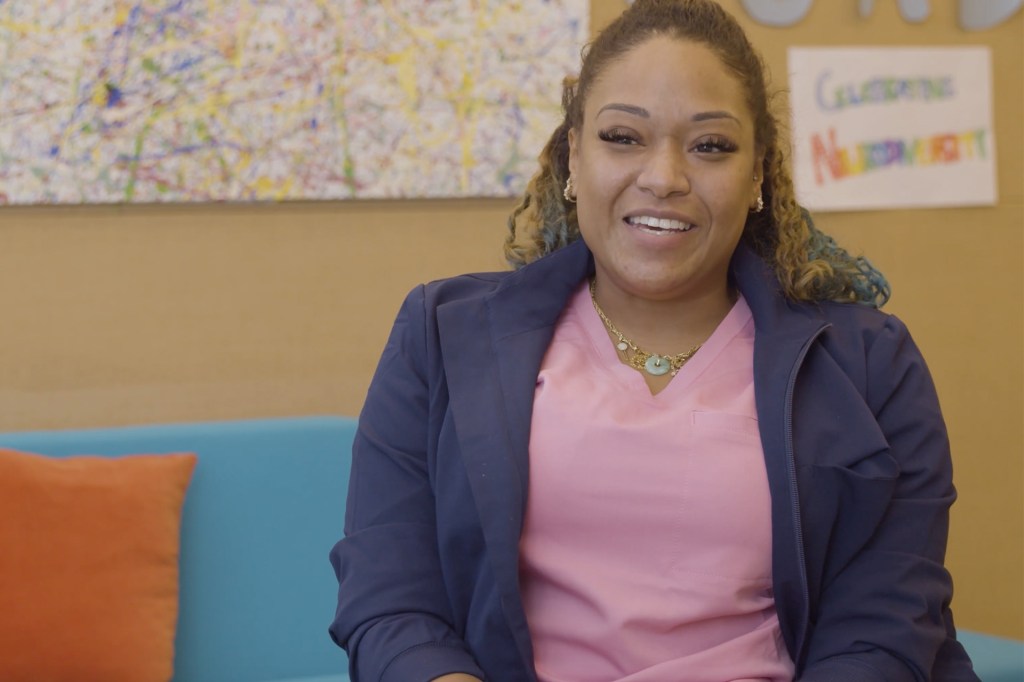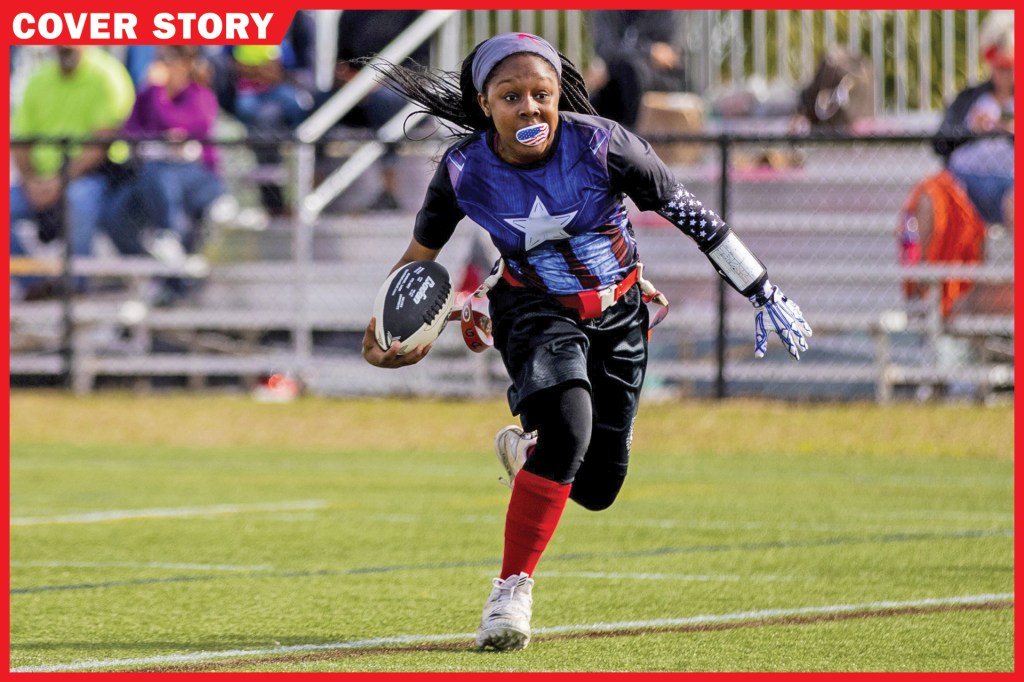
Danny Lee planned to join the school football team in fifth grade. His dad had other ideas. “He said if I got hurt now, it could end my football career forever,” Danny told TIME for Kids.
Instead, Peter Lee advised
advise
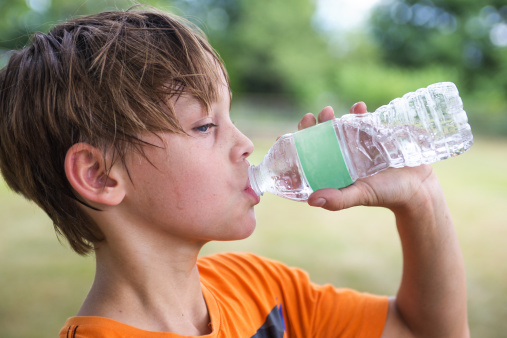 KELLY SILLASTE/ GETTY
to give advice
(verb)
My doctor advised that I drink water instead of sugary beverages like soda.
his son to stick with flag football, which does not involve tackling. Lee is a former college football player. He coaches Danny’s flag football team, in Wilmette, Illinois. “I have friends and former teammates who have decided they never want their kids playing tackle football,” he says. “There’s certainly no rush to start in the fifth grade.”
KELLY SILLASTE/ GETTY
to give advice
(verb)
My doctor advised that I drink water instead of sugary beverages like soda.
his son to stick with flag football, which does not involve tackling. Lee is a former college football player. He coaches Danny’s flag football team, in Wilmette, Illinois. “I have friends and former teammates who have decided they never want their kids playing tackle football,” he says. “There’s certainly no rush to start in the fifth grade.”
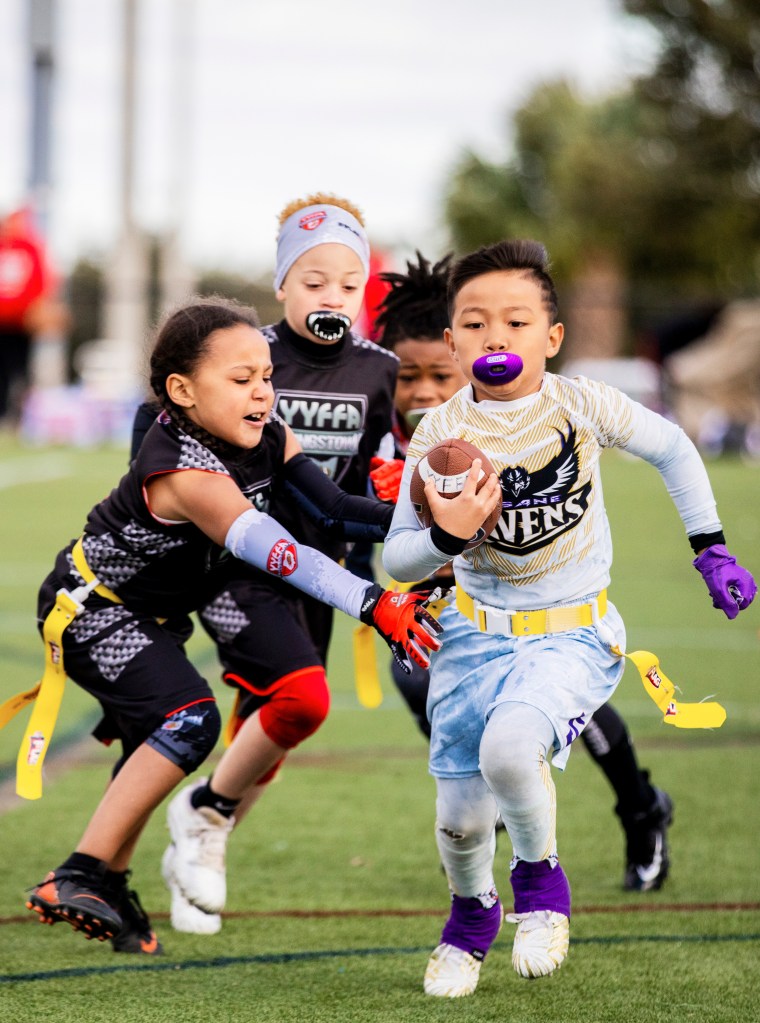
PLAY IT SAFE There is no blocking or tackling in flag football. Still, players wear mouth guards, and some leagues even require helmets.
NATIONAL FLAG FOOTBALL ASSOCIATIONExperts say kids should wait until at least 14 to play tackle football, since a kid’s brain is more at risk for injury than an adult’s brain. That has made flag football the fastest-growing team sport in the United States. According to the Sports and Fitness Industry Association, the number of 6-to-12-year-olds playing the sport grew by 38% in the past three years, to 1.5 million. That’s more than those who are playing tackle football.
“All my friends are playing flag,” says Danny. “And every year, it gets more fun.”
Protecting Players
There’s more running in flag football than in tackle, and more scoring. Instead of tackling one another, players try to grab a flag hanging from an opponent’s
opponent
 DAVID DE LOSSY/GETTY
a person who is competing against someone in a contest
(noun)
Sarah shook hands with her opponent before the tennis match.
waist. “It requires finesse,” says Cole Reed. He cofounded the youth athletics group 200% Sports in Las Vegas, Nevada.
DAVID DE LOSSY/GETTY
a person who is competing against someone in a contest
(noun)
Sarah shook hands with her opponent before the tennis match.
waist. “It requires finesse,” says Cole Reed. He cofounded the youth athletics group 200% Sports in Las Vegas, Nevada.
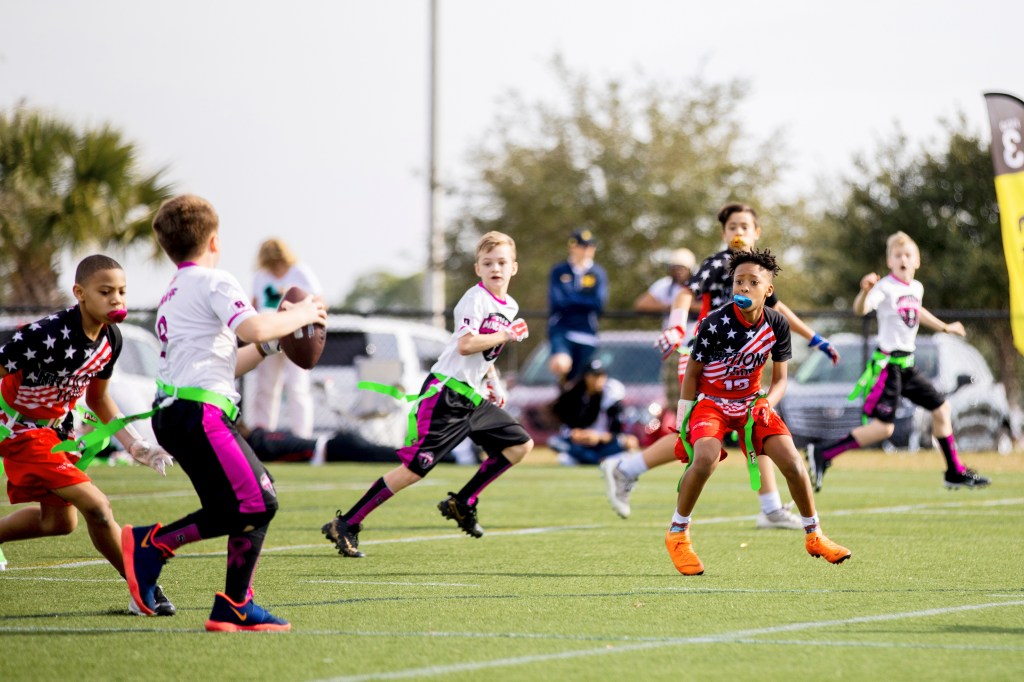
FORWARD PASS A quarterback gets set to throw the ball to his teammate during a flag football game in Orlando, Florida.
NATIONAL FLAG FOOTBALL ASSOCIATIONReed used to coach for Pop Warner, a youth tackle league. Ten years ago, he started coaching flag football instead. “Accidents are fewer and far between,” he says.
Repeated jolts
jolt
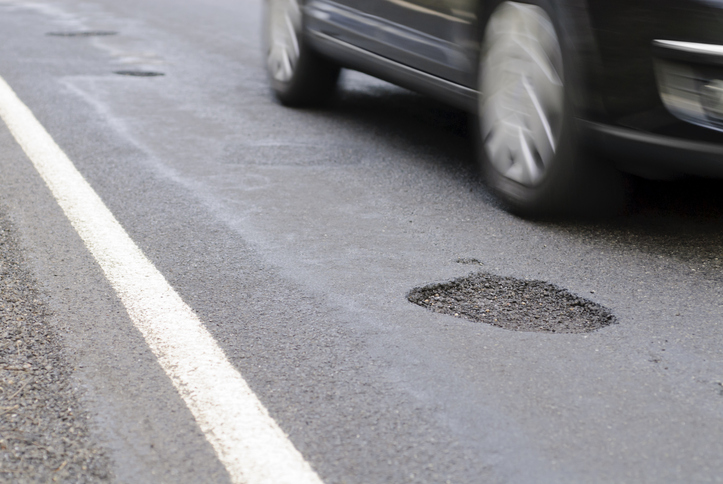 DELECTUS/GETTY
a sudden blow or movement
(verb)
We felt a jolt when the car ran over a pothole.
to the head and body do the worst damage. In 2017, researchers at Boston University published a study of former football players. It found that playing tackle football before age 12 was linked to an earlier onset
onset
DELECTUS/GETTY
a sudden blow or movement
(verb)
We felt a jolt when the car ran over a pothole.
to the head and body do the worst damage. In 2017, researchers at Boston University published a study of former football players. It found that playing tackle football before age 12 was linked to an earlier onset
onset
 MICHAEL WHEATLEY/GETTY IMAGES
the beginning of something
(noun)
The changing leaves signal the onset of autumn.
of memory and behavior problems.
MICHAEL WHEATLEY/GETTY IMAGES
the beginning of something
(noun)
The changing leaves signal the onset of autumn.
of memory and behavior problems.
Safety is a concern in flag football too, says Gerard Gioia. He’s a brain injury specialist at Children’s National Health System, in Washington, D.C. He advises parents to look for coaches trained to recognize concussions (see “Hard Knocks”). “The same questions about safety should be asked of a flag football league as of a tackle league,” he says.
Football’s Future
Does the rise of flag football mean the end of tackle football? It could be saving the sport. Coaches say it teaches skills that players need to advance to tackle football. Plus, it attracts kids to the sport at a younger age. That’s why the National Football League (NFL) sponsors
sponsor
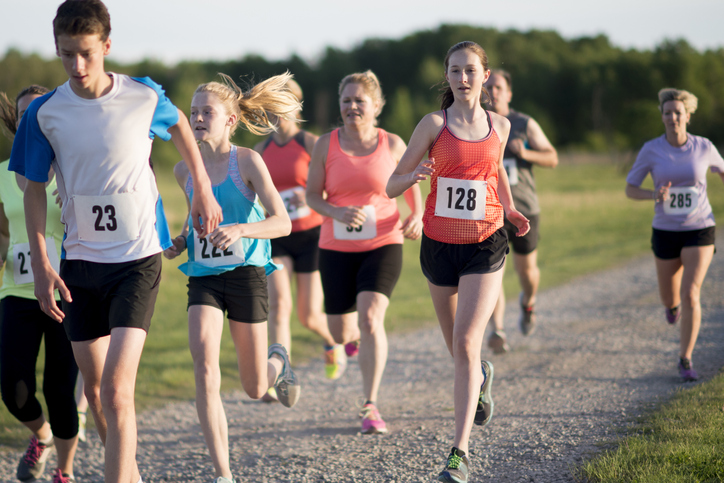 FatCamera/GETTY
to financially support
(verb)
Every year, the local car wash sponsors a race called the Suds Run.
flag football leagues around the country. It wants to promote the sport by inspiring new generations of fans and players.
FatCamera/GETTY
to financially support
(verb)
Every year, the local car wash sponsors a race called the Suds Run.
flag football leagues around the country. It wants to promote the sport by inspiring new generations of fans and players.
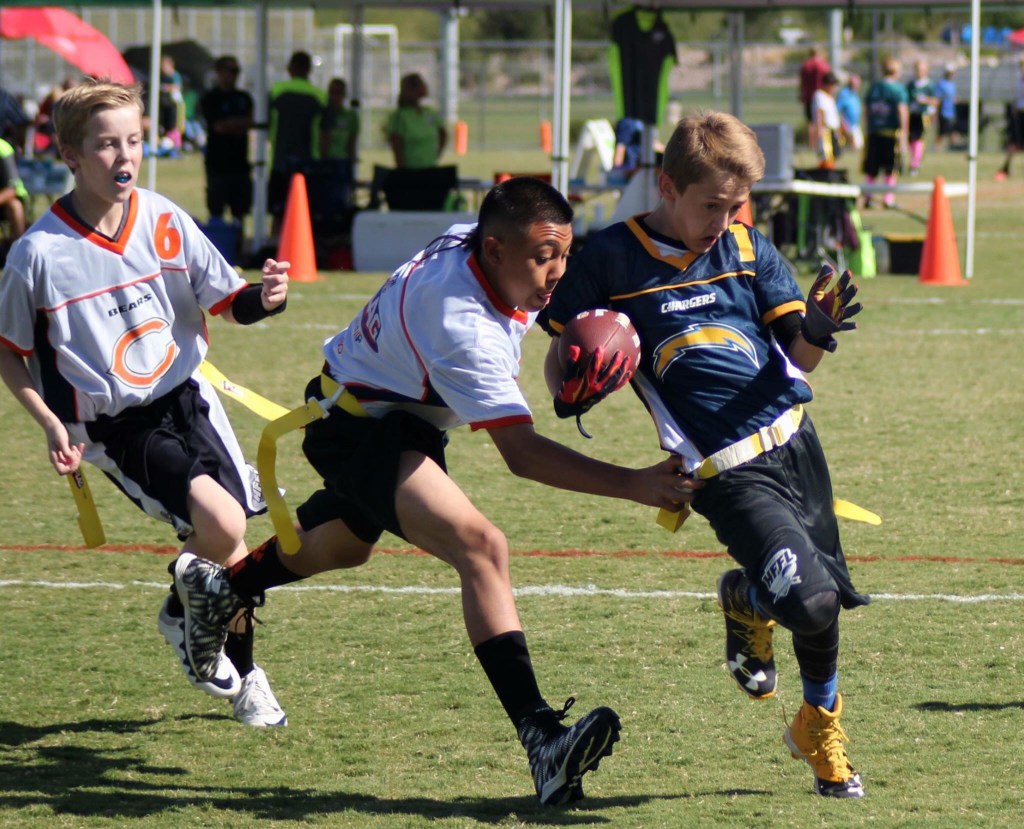
QUICK HANDS Pulling a flag from an opponent’s belt takes speed and skill.
200% SPORTSSophie Day, 13, plays for an all-girl team in the NFL-sponsored 200% Sports league. She considered playing tackle football in high school, until she discovered flag football. “It gives me the same excitement as tackle,” she says. “It’s actually harder. You have to focus on that one flag.”
Her choice is just fine with her mom. “In regular football, you have to be big, you have to be bad, and you have to win,” says Michelle Day. “Not with flag football. It’s known as the friendly sport.”
Sidebar: Hard Knocks

A concussion is an injury to the brain resulting from a blow to the head or body. There are up to 3.8 million sports-related concussions each year.
In the first few minutes, a person with a concussion might appear dazed or confused. He or she might stumble or briefly lose consciousness. Later, a person might experience memory loss, dizziness, headache, or nausea. Or he or she might just not feel right.
If you suffer a serious knock to the head or body, tell an adult immediately.
Stop & Think! How does the writer use data and statistics to support his story? Would you trust that the story is accurate without them? Why or why not?





